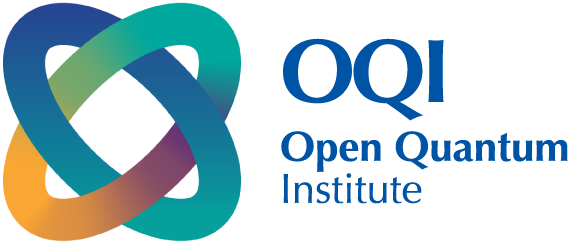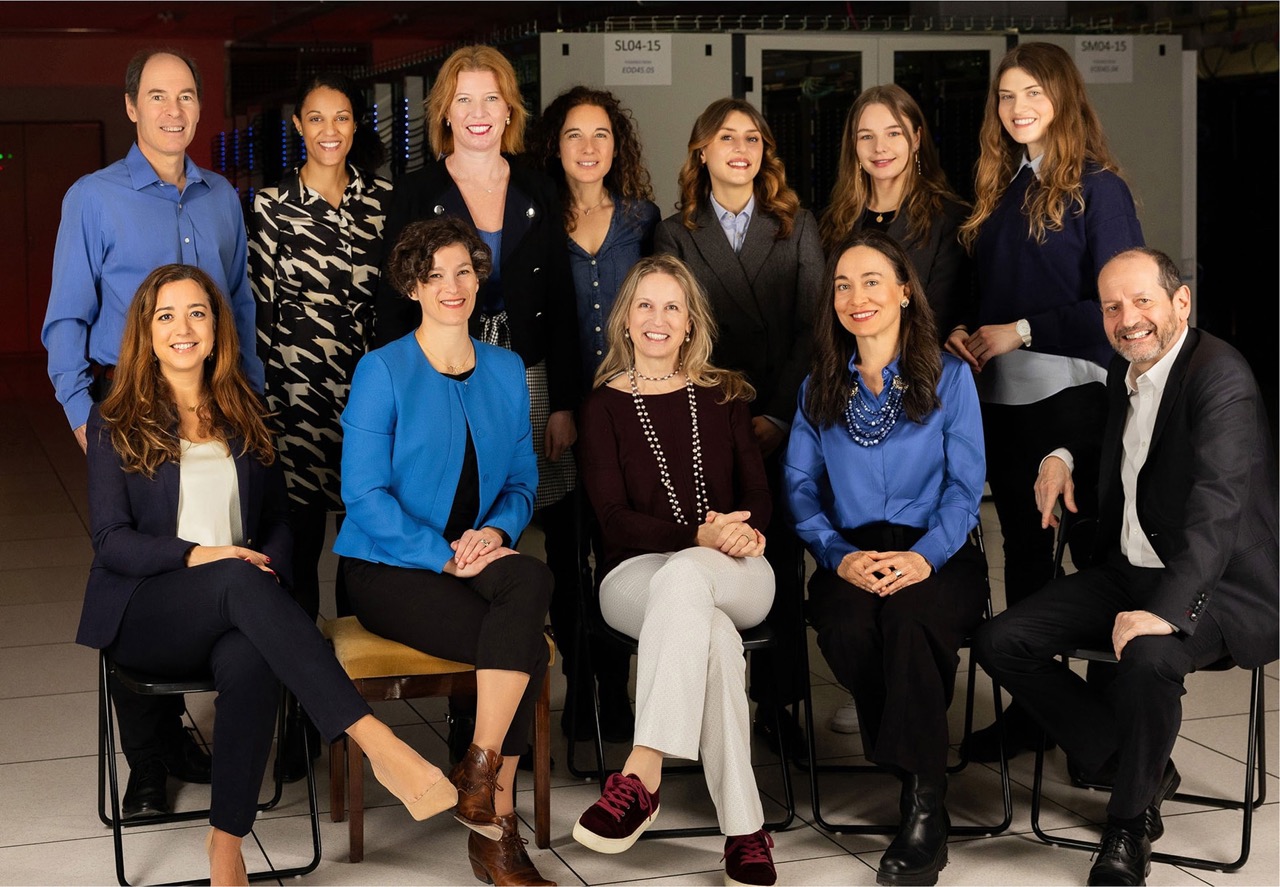
The Open Quantum Institute (OQI) is part of GESDA’s Initiative “Quantum for All”. It is a multilateral governance initiative that promotes global and inclusive access to quantum computing and the development of applications for the benefit of humanity. Born at GESDA and supported by UBS, the Open Quantum Institute is hosted at CERN for the pilot phase (2024-2026).
Recognizing the urgent need to align quantum innovation with societal impact, GESDA convened world-leading scientists, diplomats, private sector partners, and multilateral institutions to co-design the Open Quantum Institute. Today, GESDA’s commitment continues through GESDA’s strategic guidance in the Institute’s governance, co-chairing its Advisory Committee, and leading the diplomatic engagement.

At the heart of OQI’s mission are four key objectives:
OQI brings together researchers, developers, policymakers, UN agencies to explore how quantum computing can drive progress on critical global issues, from health and food security to environmental sustainability.
OQI democratizes access to quantum computing by providing cloud-based access to quantum computers and simulators, ensuring inclusive participation in the quantum revolution.
Through education and skills development, OQI equips researchers, policymakers, and quantum-underserved regions with the knowledge needed to engage with quantum technology.
OQI fosters global dialogue on the future multilateral governance of quantum computing, shaping policies that align with responsible innovation, safety and sustainable development principles.
As 2025 has been declared the International Year of Quantum Science and Technology by the UN, the Open Quantum Institute stands as a tangible embodiment of its principles.

About us
What we do
By subscribing you agree to with our Privacy Policy



© 2020 – Geneva Science and Diplomacy Anticipator